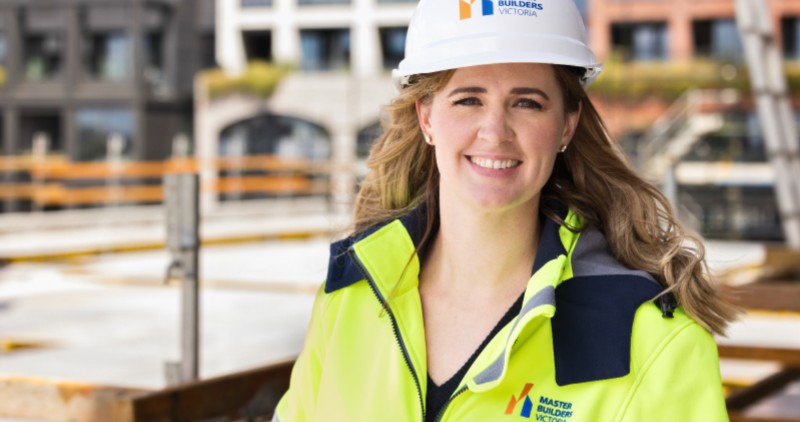

Master Builders Victoria lobbies the Victorian State Government to accelerate the adoption of modern methods of construction and support the establishment of an MBV and industry-led innovation consortium.
Master Builders Victoria is calling for Victorian State Government support to encourage broader innovation in building to combat the growing housing crisis.
To address the housing crisis, Master Builders Victoria (MBV) is calling on the State government for broader support of modern methods of construction (MMC) to address ongoing challenges related to supply chain, skills, labour shortages, and the growing housing crisis.

As part of its submission for the forthcoming 2024-25 Victorian State Budget, MBV says there is a need to ‘rethink’ current construction methods to deliver more sustainable, social, and affordable housing options, faster. “If we’re going to achieve the government’s ambitious target of building 80,000 new homes every year for the next decade, we need to invest time and knowledge in new and innovative methods of construction,” said MBV CEO Michaela Lihou.
“For example, offsite construction methods such as prefabricated and modular buildings have some key bonuses, such as fewer constraints due to weather conditions, reduction in on-site construction time frames and on a larger scale, very often construction waste is reduced.
“We understand that offsite construction will not be the preferred option for all projects, but we need to explore and invest in a greater understanding of what’s possible, and that using these methodologies doesn’t mean delivering a sub-standard product.”
Ms Lihou said MBV was also calling on the government for financial, regulatory, and training incentives to foster the move towards modern methods of construction. “We also need to create a protective policy environment that de-risks the adoption of innovation, along with consistent and accessible support and incentives for both builders and consumers,” she said.
“We are also looking to the Government to support the establishment of an MBV and industry-led innovation consortium, so we can collaborate on overcoming the current regulatory barriers to modern methods of construction. The UK’s Construction Innovation Hub is a very successful example of what we’d like to establish in Victoria.”
MBV has also put forward a number of Budget priorities to support the Government’s commitment to net-zero emissions and its ambitions to transition to a circular economy. “There are many avenues for our sector to support this, from improving the performance of new buildings, to scaling up energy efficiency retrofits and reducing our consumption of virgin materials,” said Ms Lihou.
“But this can’t be driven by policy changes alone. We need our industry to be supported with appropriate information, knowledge, and resources to be able to act. Amongst other things, we’re calling on the government to invest in developing a digital database which will corral information on product certification, environmental impacts, embodied carbon, and the reuse of building materials. We can do better, but we can’t do it alone.”